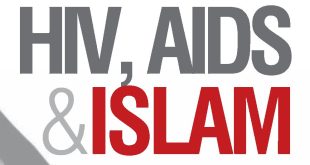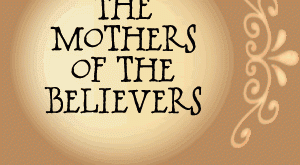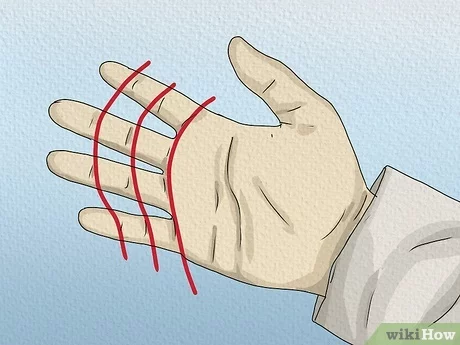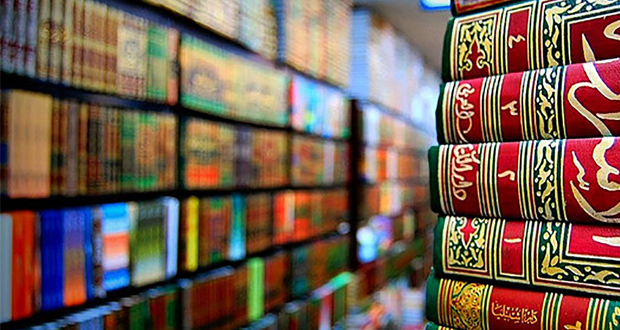As the merciful month of Ramadhan descends upon us yet again, Muslims, not only in Sri Lanka but all over the world are faced with difficulties in performing their communal religious rites due to social distancing imposed by COVID -19 preventive measures. Let’s reflect on its virtues and remind ourselves of the conditions of observance of the fast, its restrictions and constraints and prepare ourselves to benefit from it.
In the context of the Islamic religion, fasting is not just a ritual. It is a religious duty enjoined on those entering the fold of Islam. The Arabic word for this act of worship is SIYAAM and the person who undertakes the fast is called a SA’AYIM. These two words however, do not signify mere abstention from food and drink, but also complete abstention from evil thoughts and actions and harmful acts towards others (including animals and plants). These rituals do not require communal activity, fasting therefore is a “one-person” activity although in normal circumstances family gatherings are recommended during taking meals at “suhur” (early morning meal) time and at “Ifthar” (breaking fast) time. These are also important rites in the observance of the fast, as confirmed in authentic narrations from prophet Muhammad’s sayings as follows:
Making the intention:
Whoever does not have the intention of fasting before Fajr, there is no fast for him.” [Ahmad, saheeh]
Suhoor (Meal before sunrise)
“The difference between our fasting and the fasting of the People of the Book is the (meal of) Suhoor.” [Sahih Muslim]
One should try his/her best to have Suhoor, at least with dates or a sip of water.
“Have Suhoor, as indeed there is a blessing in it.” [Al-Bukhari and Muslim] and he also said: “Allah and his angels definitely send salutations on those who eat Suhoor.” [Ibn Hibban and At-Tabarani in Al-Awsat, hasan by Al-Albani]
Moreover, Suhoor is in a blessed time, the last third of the night, which is the best time to make dua and seek forgiveness.
“Our Lord, The Blessed, The Superior, comes down every night to the nearest Heaven to us when the last third of the night remains, saying: “Is there anyone to invoke Me, so that I may respond to his invocation? Is there anyone to ask Me, so that I may grant him his request? Is there anyone seeking My forgiveness, so that I may forgive him?” [Bukhari]
“Hasten to (eating) Iftar (in Ramadan immediately when the time is due), and delay (eating) Suhoor.” [At-Tabaraani]
‘Amr ibn Maymoon, said: “The Companions would break their fasts immediately at sunset (without any delay) and would delay eating Suhoor (until as close to Fajr as possible).” [Al-Baihaqee]
Therefore the food taken at the commencement of the fast and at breaking the fast are very important religious rites associated with the Islamic fast.
Particularly at the time of breaking the fast Muslims have “open houses” inviting the fasting Muslims to come and break their fast together. Also those who observe the fast gather in mosques to partake of the dates and other delicacies offered by generous people.
The Prophet (saw) said, ‘Whoever feeds a person breaking his fast will earn the same reward as him, without anything being lessened from the reward of the fasting person’. (Tirmidhi)
The Messenger of Allah (saw) said, ‘(O people!) Save yourselves from the (Hell) Fire even if it is with half a date (given in charity), and if you cannot find that, then (save yourselves by saying) a good word’. [Al-Bukhari & Muslim].
It would have been noticed that in our country, Sri Lanka, we provide rice porridge, sometimes with wholesome meat included for the breaking of the fast. Many non-Muslim families also benefit from the distribution. All these communal gatherings will not be able to take place due to the COVID -19 restrictions and imposition of curfew. Irrespective of religious ritual requirements, Muslims, and for that matter, all citizens are required to respect the government’s orders. And that itself amounts to observance of religious rites and God grants the same rewards undiminished as being observed in congregation.
Similarly, during the nights of the period of Ramadhan the faithful gather in mosques in congregation for the night Tharaveeh prayers after the latest night prayer of the day (Isha) and later at midnight for Salathul Qiyam. All these rituals are curtailed due to the Coronavirus pandemic. Does this therefore mean that the Muslims are denied performing these rights or excused from observing these religious functions until restrictions are lifted and returned to normalcy? Far from it, All Muslims are required to observe all their compulsory obligations alone on their own if the situation is not conducive to communal or congregatery gatherings as supported by the following hadiths (Traditions of the Prophet Muhammad, on whom be peace)
‘Ā’isha, Mother of the Believers, said: I asked the Messenger of Allāh, On whom be peace, about plagues and he said, “They are a punishment which Allāh sends upon whomsoever He wills, but Allāh has made it a mercy to the believers. Anyone who remains in a town which is plagued with an epidemic, remaining patient and anticipating Allāh’s reward, while firmly believing that nothing will befall him other than what Allāh has preordained for him, then he will receive a reward of a martyr.” (Sahih Al Bukhari Hadith No. 3474)
Usāma b. Zaid said the Prophet, on whom be peace, said: إIf you hear of a plague in a land do not enter it; and if it breaks out in the land where you stay, do not leave.” Sahih Bukhari 5728, Muslim 2218)
Abū Huraira reported that the Messenger of Allāh, On whom be peace, said:”It is obligatory upon you to listen to and obey the authorities during prosperity and adversity; whether you are willing or unwilling, even when someone is given undue privileges over you.” (Sahih Muslim 1836)
Abū Huraira narrated that Allāh’s Messenger, on whom be peace said:
“Do not quarantine the healthy with the infected.” (Sahih Bukhari 5771, Muslim 2221)
Abū Huraira narrated that Allāh’s Messenger , on whom be peace, said: “There is no unbidden contagion, no evil omen, no death bird (hama), no tape-worm (safar), and one should keep away from a leper as one keeps away from a lion.” (Sahih Bukhari 5707)
Usāma b. Sharīk narrated that the Prophet , on whom be peace, said:
“Servants of Allāh! Make use of medical treatment, for Allāh has not made any disease without creating a cure for it.” (Sahih Ibn Hiban 6061)
The ever Merciful Allah says in His Holy Book:
“O you who believe! Fasting is prescribed for you as it was prescribed for those before you, that you may become Al-Muttaqun (the pious)…”
Allah in His absolute Mercy does not wish hardships on His creations. Therefore Allah iterates in the foregoing verse of the Quran that this fasting is not peculiar to Muslims only. It had been ordained on people who followed other Prophets prior to Allah sending the last and seal of the Prophets, Prophet Muhammad (On whom be peace).
Concessions for those who are sick or unable to observe
“… (Fasting) for a fixed number of days, but if any of you are ill or on a journey, the same number (should be made up) from other days. And as for those who can fast with difficulty, (i.e. an old man, etc.), they have (a choice either to fast or) to feed a poor person (for every day). But whoever does good of his own accord, it is better for him. And that you fast, it is better for you if only you know.” (2:183-84)
While there are no difficulties about the number of days for the Fast and the times between which abstention from food and some other permitted acts at other times are forbidden, there are controversies, confusion and contradiction with respect to commencement and conclusion of the Fast.
Conclusion
From the above analysis it can be concluded that Muslims as much as other communities will have to observe the restrictions imposed by the governments and health authorities and practice their religious rights in their own homes observing the social distancing requirements in order to prevent the spread of the COVID virus. I have cited sufficient authority in this article for Muslims to practice all their rituals during the period of Ramadhan without incurring the displeasure of God.
“Allah is with those who restrain themselves.” — Quran 16: 128
Allah knows best.
Post Disclaimer | Support Us
Support Us
The sailanmuslim.com web site entirely supported by individual donors and well wishers. If you regularly visit this site and wish to show your appreciation, or if you wish to see further development of sailanmuslim.com, please donate us
IMPORTANT : All content hosted on sailanmuslim.com is solely for non-commercial purposes and with the permission of original copyright holders. Any other use of the hosted content, such as for financial gain, requires express approval from the copyright owners.
 Sri lanka Muslims Web Portal Sri Lanka Muslims News Center
Sri lanka Muslims Web Portal Sri Lanka Muslims News Center



